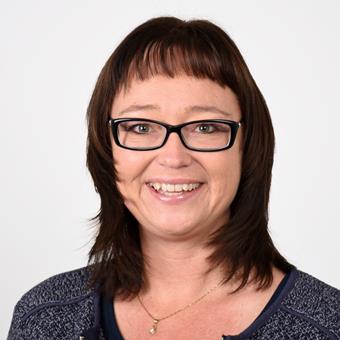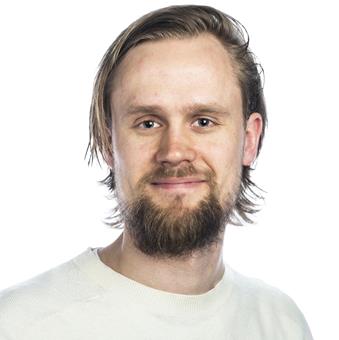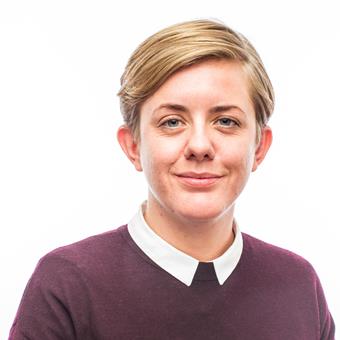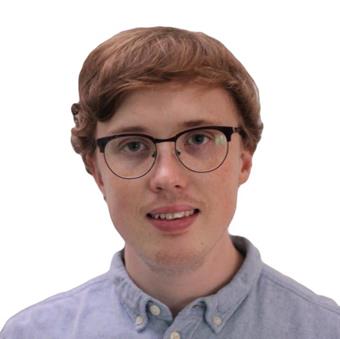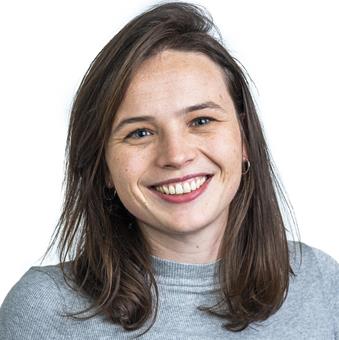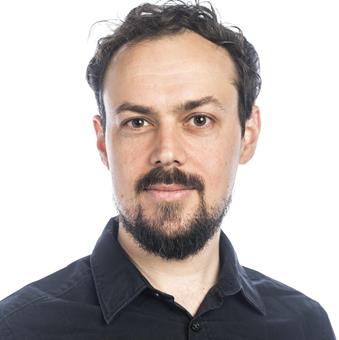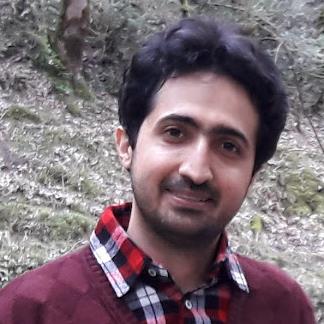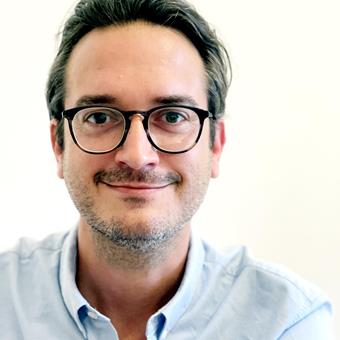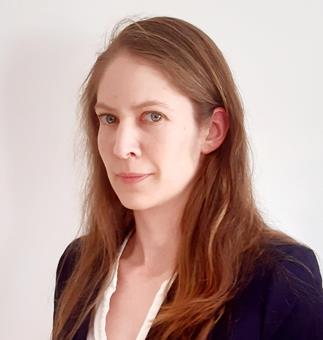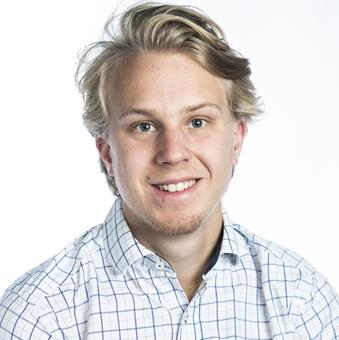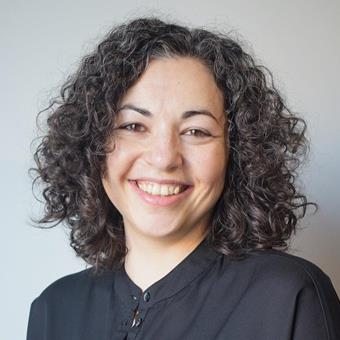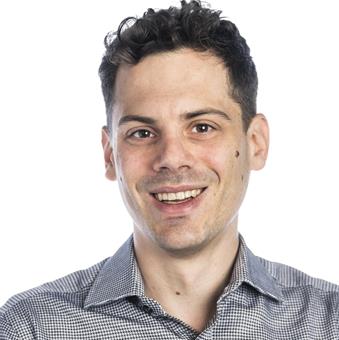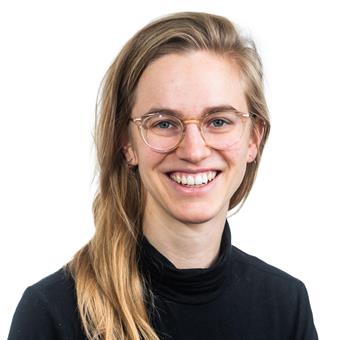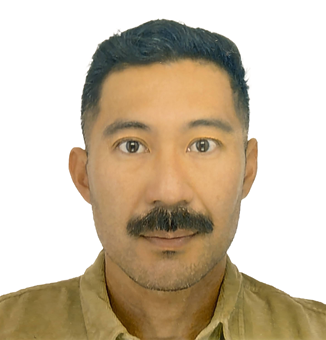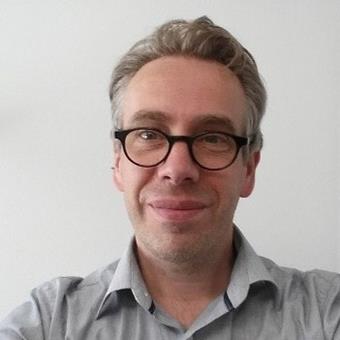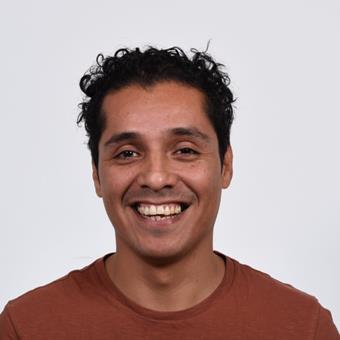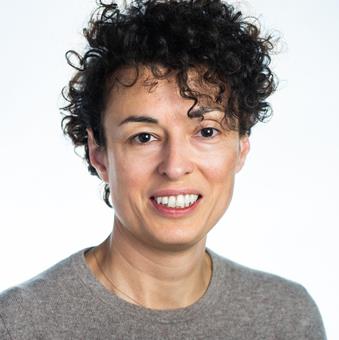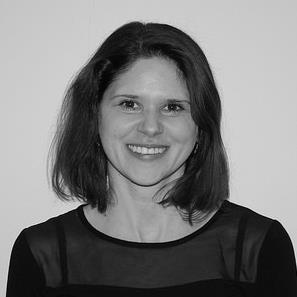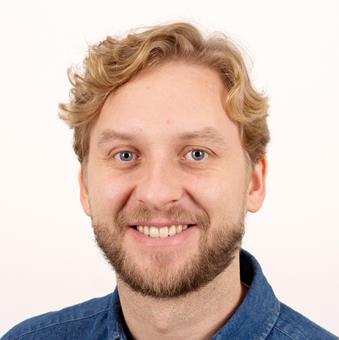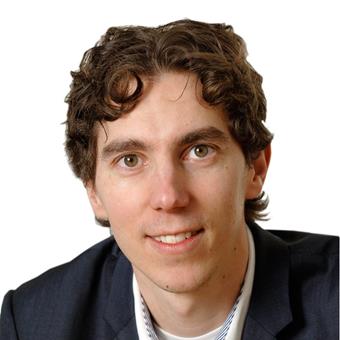I am a professor at Institute for Analytical Sociology, Linköping University, and Affiliated Associate Professor in Data Science and Artificial Intelligence for the Social Sciences, Department of Computer Science and Engineering, Chalmers University of Technology, Gothenburg, Sweden. Previously I held positions at Harvard University, University of Cambridge, and the Alan Turing Institute.
I study the impact of economic, political, and natural shocks on child poverty globally. I work on figuring out why we have so much poverty in a world of plenty. My research revolves around the question why societies often value financial resources over peoples’ health or lives. Another focal point is how families and their children suffer because of dysfunctional governments, institutions, or policies. Societies will develop, if children are enabled to flourish.
In my research I implement novel methodologies in machine learning and causal inference to identify population heterogeneities.
I have published in journals such as PNAS, World Development, American Journal of Economics and Sociology, Cambridge J of Economics, Food Policy, Epidemiology, and Ecological Economics.



